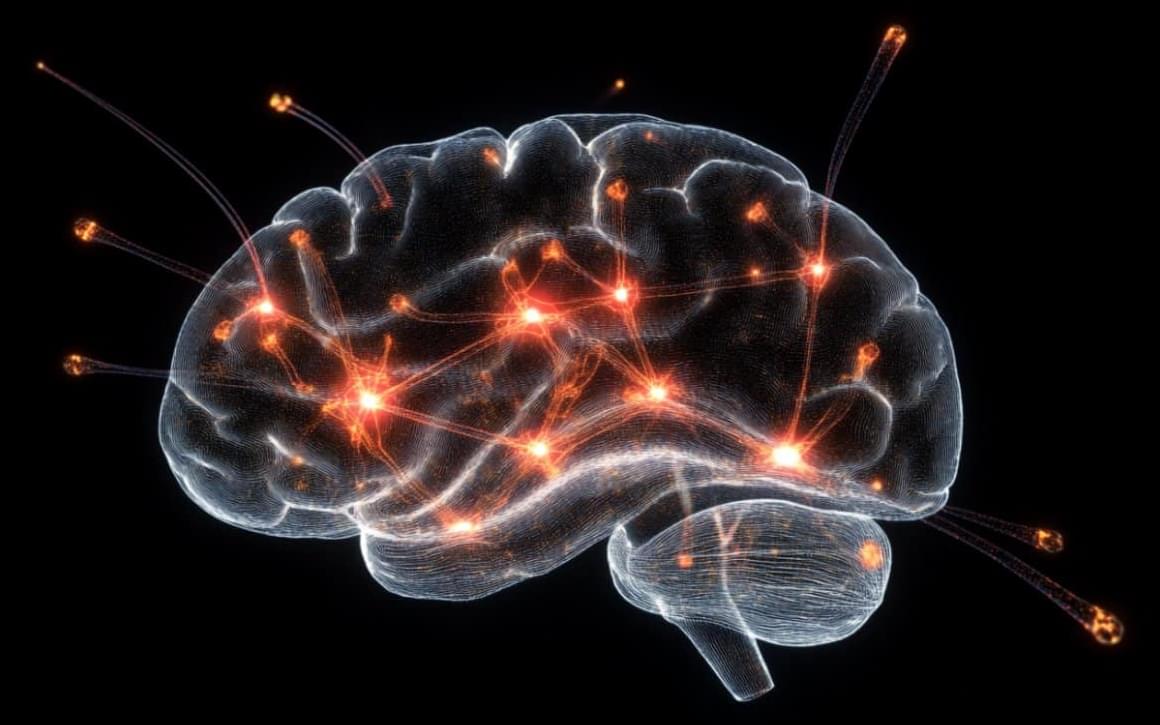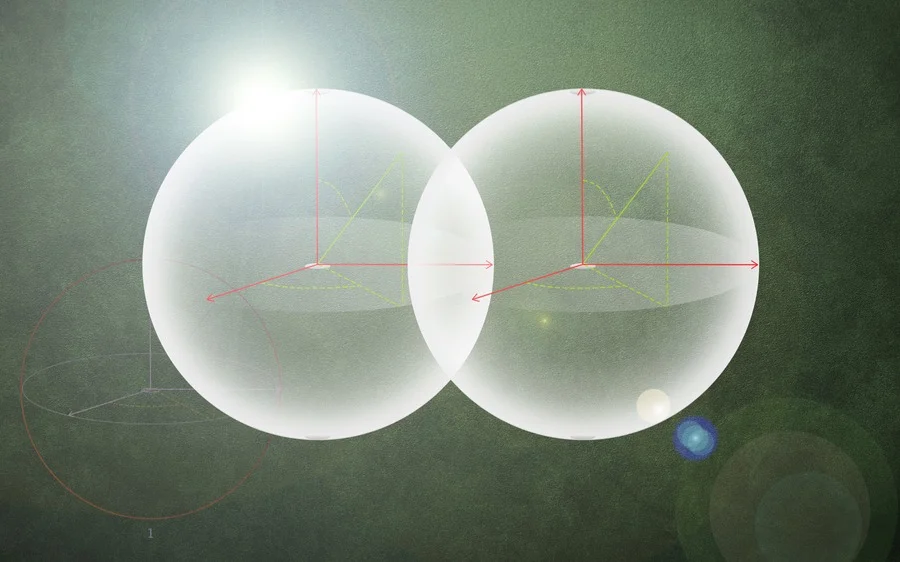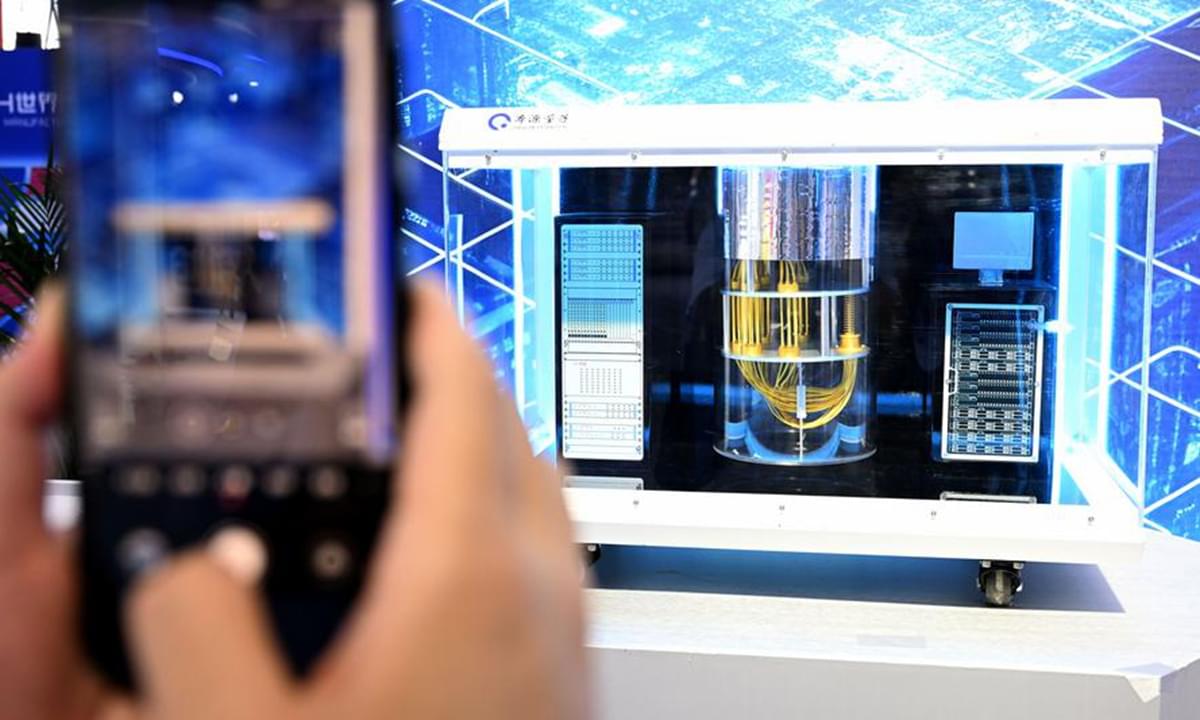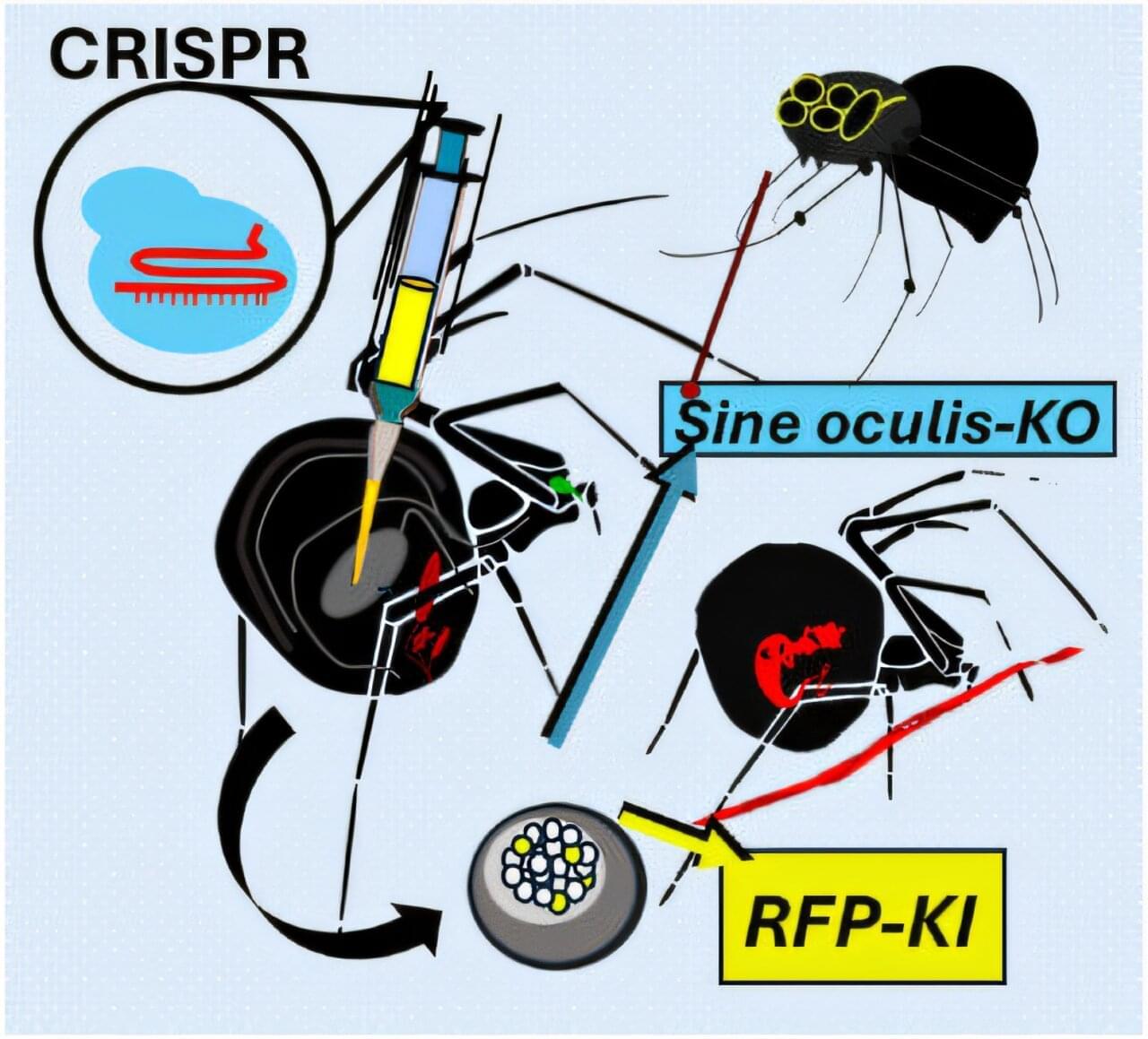https://search.app/?link=https://www.youtube.com/watch?v=zLP…cover/m5/4
Get the latest international news and world events from around the world.






Loop quantum cosmology may explain smoothness of cosmic microwave background
Repulsive gravity at the quantum scale would have flattened out inhomogeneities in the early universe.
In classical physics, gravity is universally attractive. At the quantum level, however, this may not always be the case. If vast quantities of matter are present within an infinitesimally small volume – at the centre of a black hole, for example, or during the very earliest moments of the universe – spacetime becomes curved at scales that approach the Planck length. This is the fundamental quantum unit of distance, and is around 1020 times smaller than a proton.
In these extremely curved regions, the classical theory of gravity – Einstein’s general theory of relativity – breaks down. However, research on loop quantum cosmology offers a possible solution. It suggests that gravity, in effect, becomes repulsive. Consequently, loop quantum cosmology predicts that our present universe began in a so-called “cosmic bounce”, rather than the Big Bang singularity predicted by general relativity.

China’s Origin Quantum Releases Fourth-Generation Quantum Control System, Heads Toward Mass Production
China’s Origin Quantum has launched its fourth-generation quantum control system, a move signaling the country’s increasing push to industrialize and scale quantum computing capabilities.
The new system, dubbed Origin Tianji 4.0, supports over 500 qubits and serves as the central control for superconducting quantum computers, according to The Global Times, a media outlet under the Chinese Communist Party (CCP). The system, unveiled this week in Hefei, is positioned as a critical enabler for mass-producing quantum computers with more than 100 qubits.
The control system is considered the “neural center” of a quantum computer. It generates, acquires and controls the precise signals that manage quantum chips, which are the computational heart of a quantum system. With the Tianji 4.0 upgrade, Origin Quantum claims major improvements in integration, automation and scalability compared to its previous version, which powered the country’s third-generation superconducting quantum computer, Origin Wukong.

The first genetic editing in spiders with CRISPR‐Cas yields colorful silk
The University of Bayreuth’s Biomaterials research group has, for the first time, successfully applied the CRISPR-Cas9 gene-editing tool to spiders. Following the genetic modification, the spiders produced red fluorescent silk.
The findings of the study have been published in the journal Angewandte Chemie.
Spider silk is one of the most fascinating fibers in the field of materials science. In particular, its dragline thread is extremely tear-resistant, while also being elastic, lightweight and biodegradable. If scientists succeed in influencing spider silk production in vivo—in a living animal—and thereby gain insights into the structure of the dragline thread, it could pave the way for the development of new silk functionalities for a wide range of applications.
What Causes Brain Depression? A Scientific dive into Depression and Anxiety
A Scientific dive into Depression and Anxiety.
In this video, we explore how depression affects the brain and uncover the science behind brain depression and anxiety. Backed by neuroscience and psychology, this deep dive reveals how depression rewires three major areas of your brain: the prefrontal cortex, hippocampus, and amygdala—and how these changes impact memory, mood, and decision-making.
If you’ve ever wondered what part of the brain is affected by depression, or how anxiety and depression are connected, this video explains it all—clearly and scientifically.
🌿 Why Watch This Video?
✔️ Understand the brain science behind depression.
✔️ Learn how depression and anxiety alter brain structure and function.
✔️ Discover healing methods like neuroplasticity, exercise, and therapy.
✔️ Boost your awareness of mental health and self-healing strategies.
📌 What You’ll Learn:
🔹 How the amygdala becomes overactive during depression.
🔹 Why the hippocampus shrinks, leading to memory loss.
🔹 How the prefrontal cortex struggles with focus and planning.
🔹 Ways to rewire your brain for emotional resilience.
📌 Timestamps:
00:00 – The Science of Depression 🧠
00:45 – How Depression Affects Decision-Making.
02:17 – Memory Loss & Brain Fog Explained.
04:03 – Anxiety & The Overactive Amygdala.
05:49 – How to Heal Your Brain Naturally.
💡 If this video helped you, drop a “🧠” in the comments & share with someone who needs it!